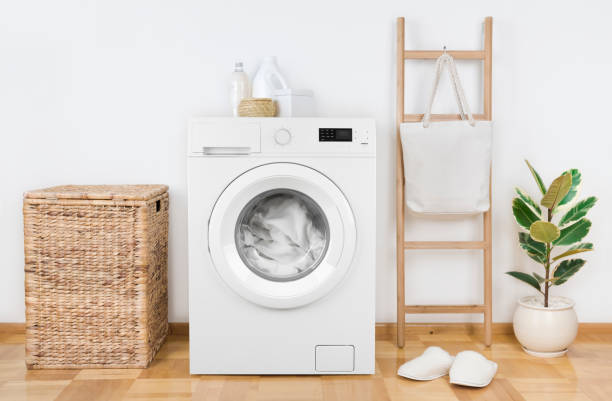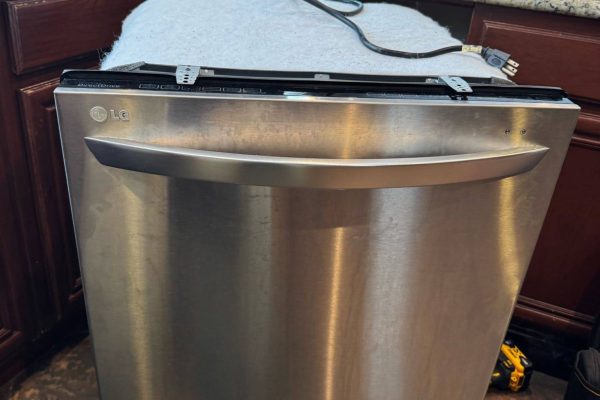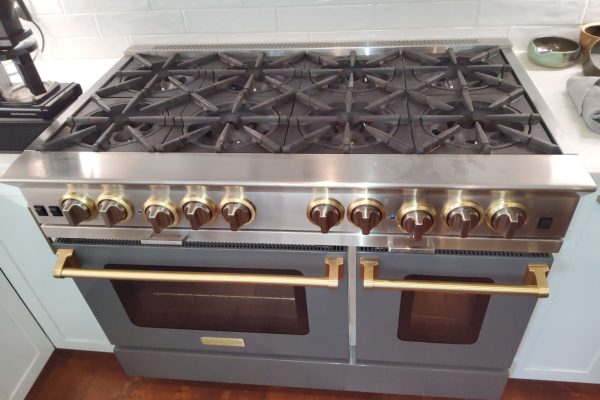Water supply valves are crucial components in washing machines, regulating the flow of water into the appliance during various wash cycles. Issues such as damage or contamination of these valves can disrupt water supply, leading to malfunctioning washers. Understanding the causes, signs, and solutions related to damage or contamination of water supply valves in washers is essential for effective troubleshooting and maintenance.
Role of Water Supply Valves in Washers
Water supply valves control the entry of hot and cold water into the washing machine during different cycles. They open and close as directed by the control board, allowing the correct amount of water required for washing, rinsing, and other functions.
Causes of Damage or Contamination
Mineral Deposits: Hard water can cause mineral buildup inside the valves over time, leading to blockages and reduced water flow.
Physical Damage: Wear and tear, corrosion, or internal component failures can result in leaks, cracks, or complete malfunction of the water supply valves.
Foreign Objects or Debris: Small particles or debris from the water supply can enter and obstruct the valves, impeding proper functionality.
Signs of Damage or Contamination
Insufficient Water Flow: Reduced water flow or a noticeable decrease in the amount of water entering the washing machine indicates potential issues with the valves.
Leaks or Drips: Visible leaks or drips around the water inlet connections or underneath the washing machine suggest possible valve damage.
Inconsistent Water Temperatures: If the washer fails to produce the expected hot or cold water during respective cycles, it may indicate valve problems.
Unusual Sounds: Rattling, vibrating, or humming noises during water intake could signal obstructions or valve malfunction.
Troubleshooting and Solutions
When encountering problems associated with damaged or contaminated water supply valves in washers, consider the following steps:
Inspect for Visible Damage: Check the water inlet hoses, connections, and valves for any signs of physical damage, leaks, or corrosion.
Clean the Valves: Remove mineral deposits or debris by gently cleaning the valves using vinegar solution or a descaling agent to restore water flow.
Replace Faulty Valves: If the valves are irreparably damaged, leaking, or malfunctioning, replacing them with new ones is the best solution to ensure proper water flow.
Inspect Water Supply: Examine the water supply lines and filters to ensure they are free from blockages or debris that might affect valve performance.
Professional Assistance and Repair
In cases where basic troubleshooting does not resolve the issue, seeking professional help from experienced appliance technicians is advisable. Professionals offer the following advantages:
– Conduct thorough inspections to diagnose valve issues accurately.
– Replace damaged or malfunctioning water supply valves with precision and expertise.
– Ensure safety compliance and prevent further damage to the washing machine.
Preventive Measures and Maintenance Tips
To prevent or mitigate damage or contamination of water supply valves in washers, consider the following preventive measures:
Use Water Softeners: Install water softening systems to minimize mineral deposits and scale buildup within the valves.
Regular Cleaning: Periodically clean the valves and hoses to prevent debris accumulation that may obstruct water flow.
Avoid Overloading the Washer: Overloading the machine can cause stress on the valves, potentially leading to damage over time.
Professional Maintenance Checks: Schedule regular maintenance checks with appliance technicians to inspect and maintain all washer components, including water supply valves.
Water supply valves are vital components ensuring proper water flow into washing machines. Damage or contamination of these valves can lead to reduced water flow, leaks, or inconsistent water temperatures, affecting the washer’s performance.
Addressing issues related to damaged or contaminated water supply valves involves a combination of basic troubleshooting, professional assistance when necessary, and implementing preventive maintenance measures. By practicing proper care, regular cleaning, and timely repairs, users can enhance the longevity and efficiency of their washing machines, ensuring reliable water flow and optimal washing results.
Our services are your reliable way to solve problems with household appliances! If your appliances require repair, don’t worry – contact Oceanside Appliance Service Center and we will help you forget about any inconvenience.
Our company has many years of experience in repairing household appliances of various brands and models. Our team of highly qualified technicians has deep knowledge and experience in working with refrigerators, washing machines, dryers, dishwashers, stoves, ovens and other devices.
We guarantee a professional approach to each task and the use of only original spare parts for repairs. Restoring your household appliances to optimal condition is our main goal.
Contact us


